Mastered from the original tapes and strictly limited to 3,000 numbered copies, Porgy and Bess attains previously unheard degrees of clarity, openness, immediacy, and depth on Mobile Fidelity’s hybrid SACD. Here, the arrangements unfold amidst practically limitless soundstages and burst with multi-dimensional images. Separation between instruments allows you to locate individual band members and trace the decay of the notes. Davis’ iconic solo passages take on borderline-surreal qualities of realism and shape. The magisterial scope of the Evans-conducted orchestra emerges with room-filling bloom, color, and dynamics.
While difficult to pinpoint its single-best strength, Mobile Fidelity’s reissue gives reference-level credence to what may remain the album’s most crucial aspect: tone. Based not on chords but on scales and feeling, Porgy and Bess teems with emotions and possibilities – characteristics conveyed by the nuances, timbre, and temper delivered by the array of horns, woodwinds, basses, and percussion involved. Whether the combination of Bill Barber’s tuba in unison with Paul Chambers’ bass during “Buzzard Song,” Davis’ improvisational flights on “It Ain’t Necessarily So,” or the doubling up on alto flutes on several compositions, never before have they been experienced with such richness, roundness, and palpability.
Just as identifying singular sonic highlights proves virtually unfeasible, so does underlining which songs feature the most memorable exchanges, melodies, and scoring. Davis and Evans’ adaptation of Porgy and Bess remains of a piece, an American touchstone, a recording that immediately separated itself from the multiple other versions released during the same period and continues to make waves decades after its creation, assuming a place in the historical canon alongside collaborative masterworks by Duke Ellington/Billy Strayhorn and Frank Sinatra/Nelson Riddle.
Defined by Davis biographer Jack Chambers as “a new score, with its own integrity, order, and action,” Porgy and Bess has been identified by nearly every major outlet and expert as a must-have album. Davis’ phrasing alone cements the effort with a genius quality. As Brian Cook and Richard Morton explain in The Penguin Guide to Jazz: “‘Prayer’ is an astounding tour de force, harmonically suspended, and with Miles’ most extraordinarily recorded solo to date punctuated by agonized screams and shouts, whether of affirmation or suffering it isn’t easy to judge. Miles was not in good physical condition during the making of the record, which perhaps explains the twisting intensity, the bent notes and slurs which seem to express some inner pain.” Then there’s the immortal rendition of “Summertime,” the epitome of calm, understatement, and beauty.
At once sweet and spiritual, sure and steady, graceful and exuberant, happy and poignant, Porgy and Bess is a phenomenal jazz dance that has never been equaled – and likely, never will. Hear it as Davis, Evans, and company intended.
Track List
The Buzzard Song
Bess, You Is My Woman Now
Gone
Gone, Gone, Gone
Summertime
Oh Bess, Where’s My Bess?
Prayer (Oh Doctor Jesus)
Fisherman, Strawberry and Devil Crab
My Man’s Gone Now
It Ain’t Necessarily So
Here Come de Honey Man
I Wants to Stay Here (a.k.a. I Loves You, Porgy)
There’s a Boat That’s Leaving Soon for New York




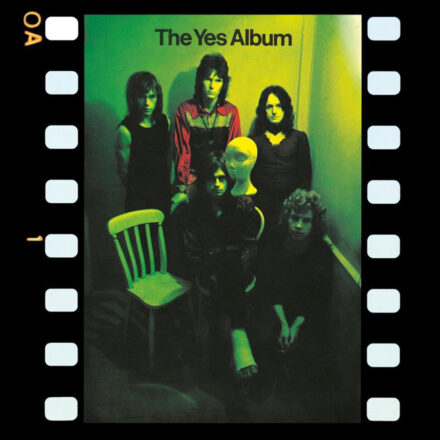
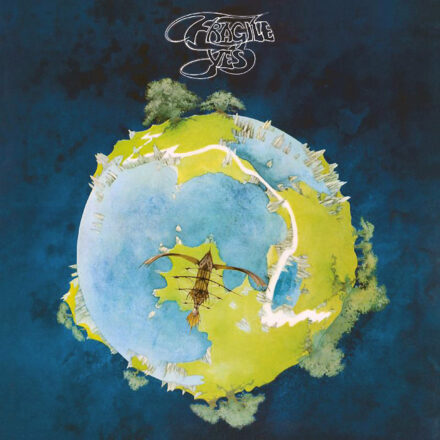













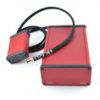
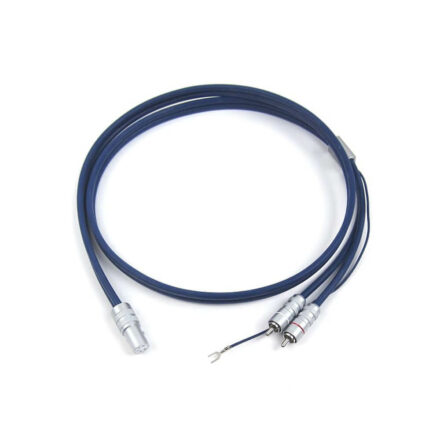
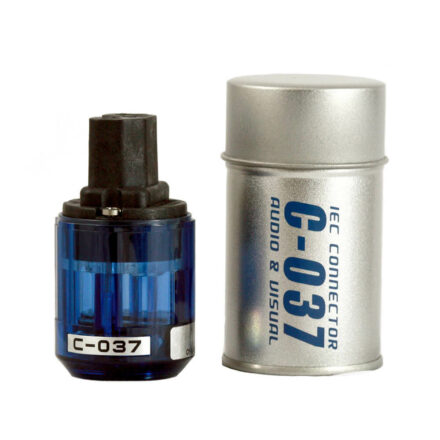





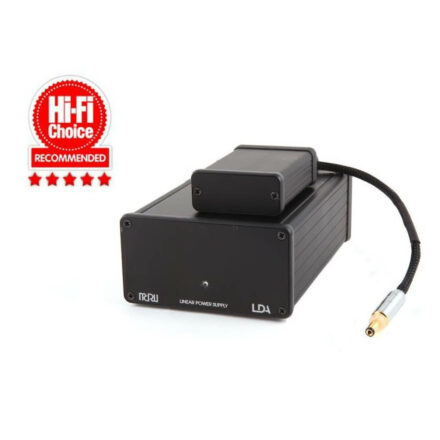


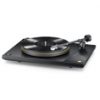
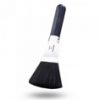






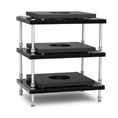

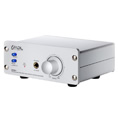
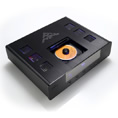



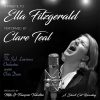
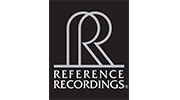


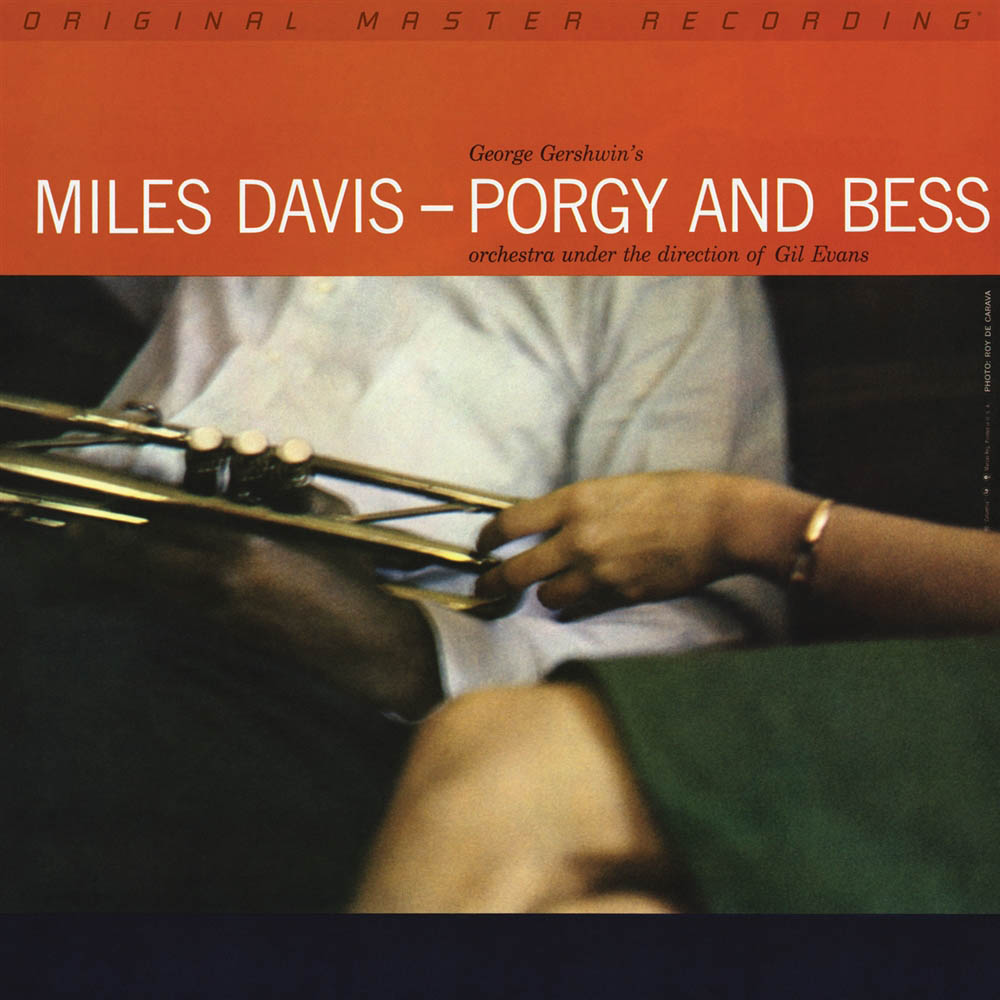
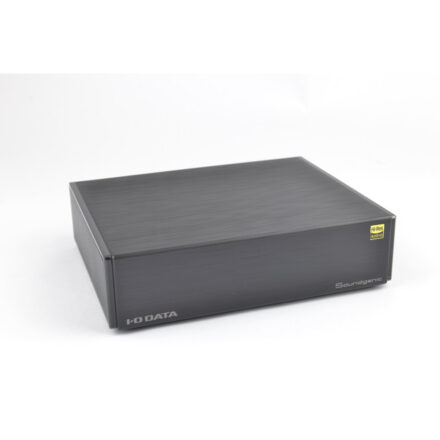
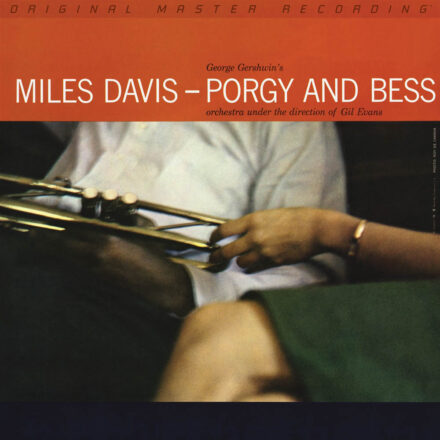
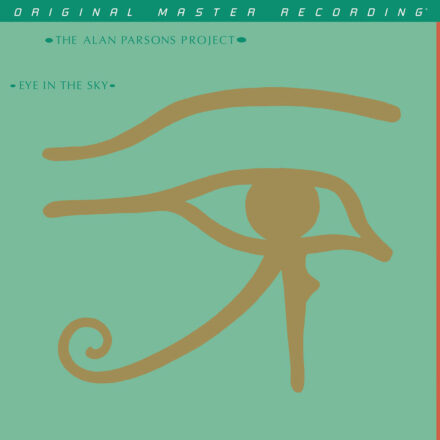
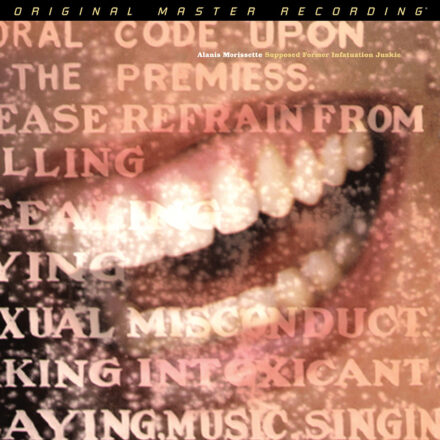
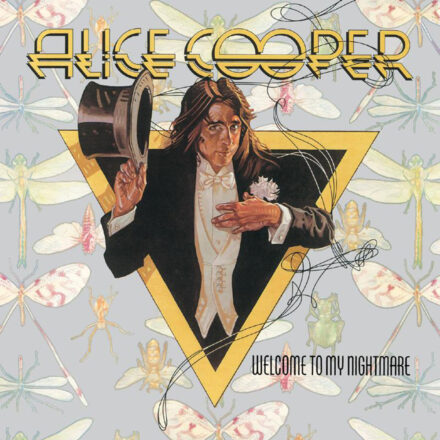
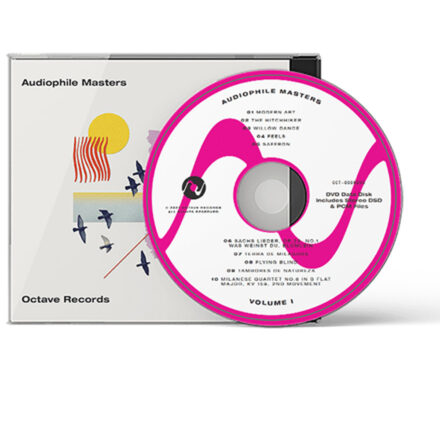
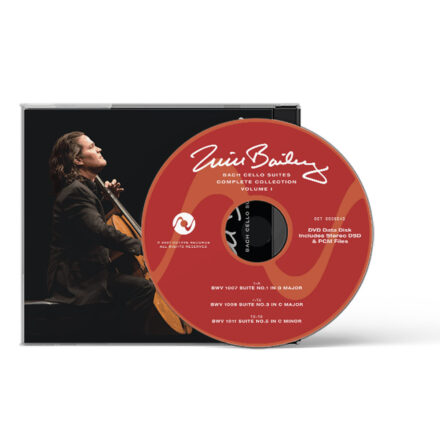
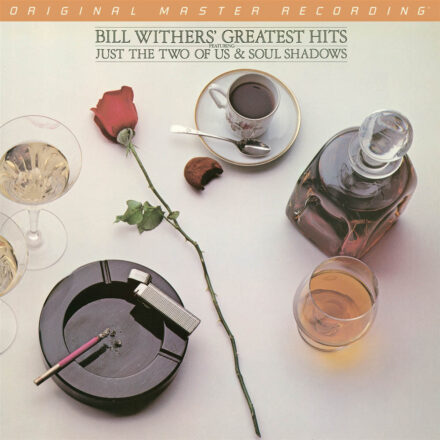
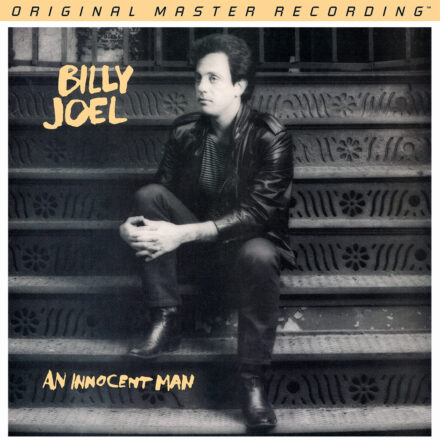
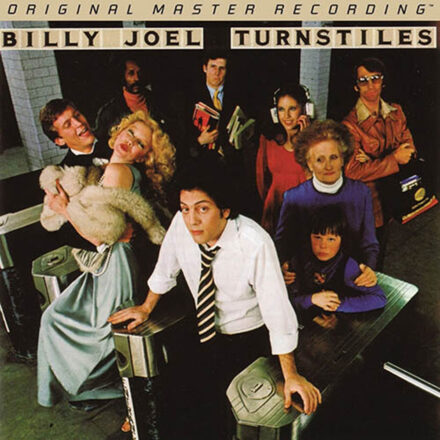

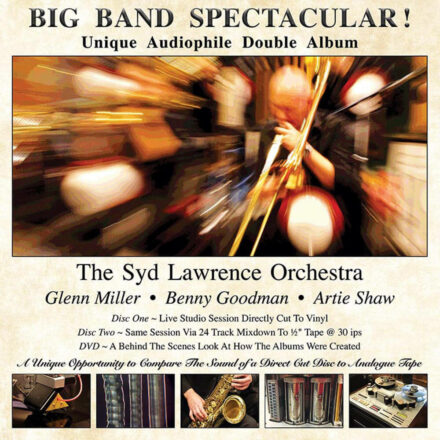
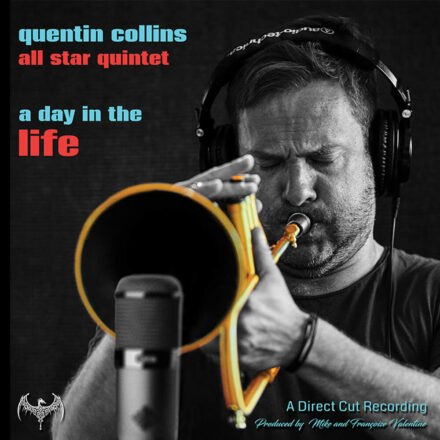
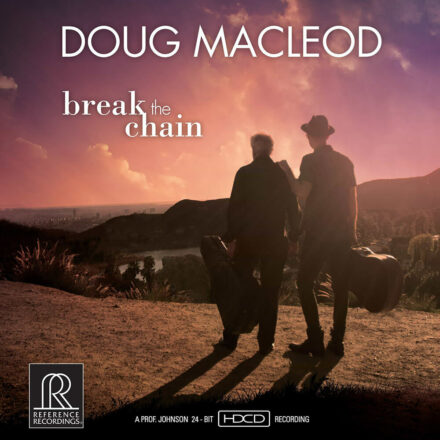
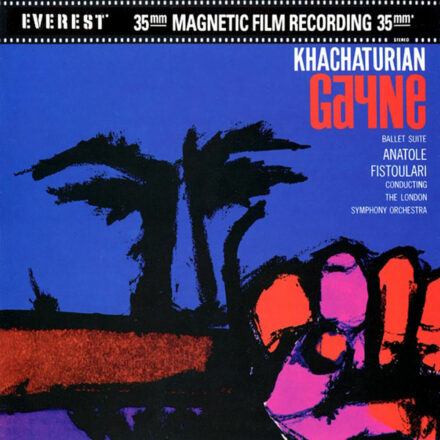
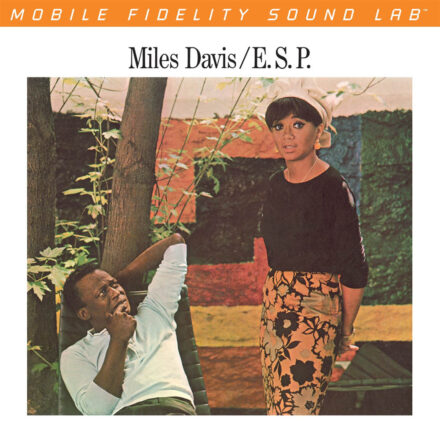
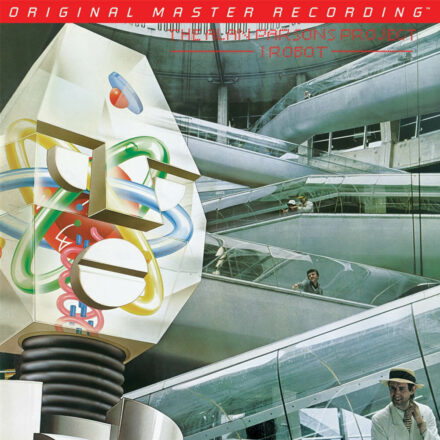
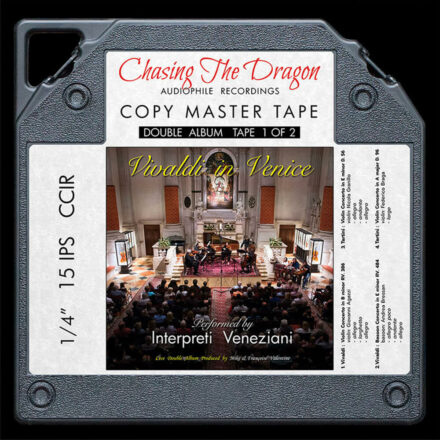

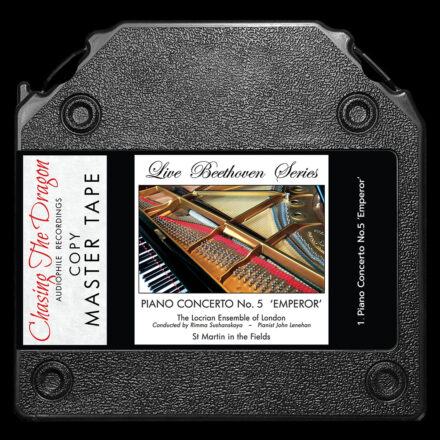
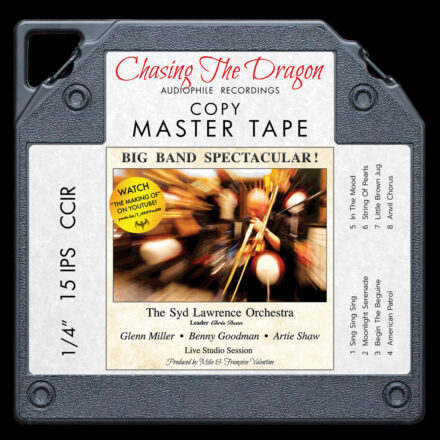
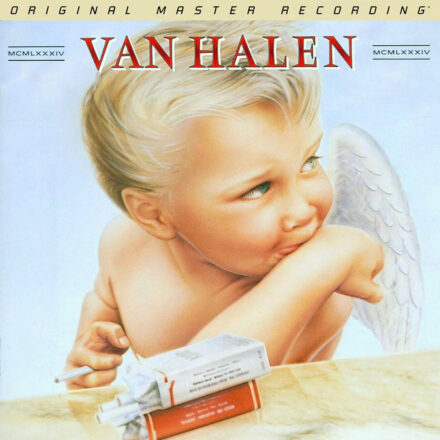
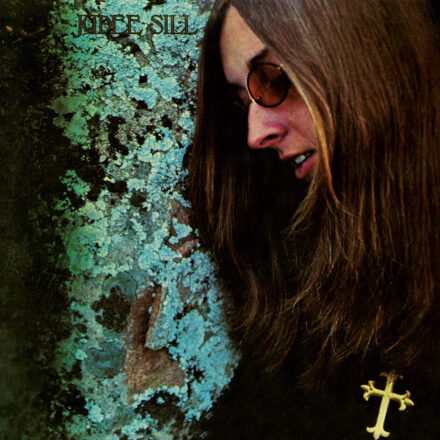
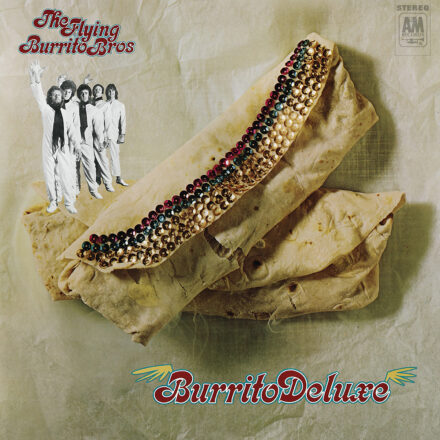



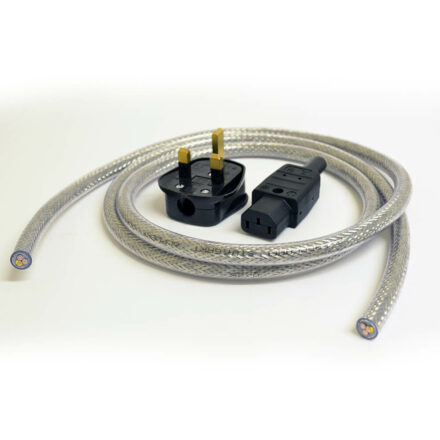






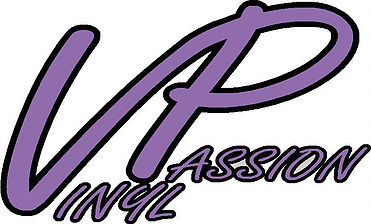




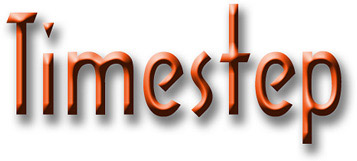

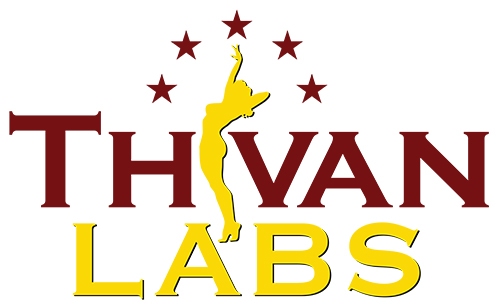



Reviews
There are no reviews yet.